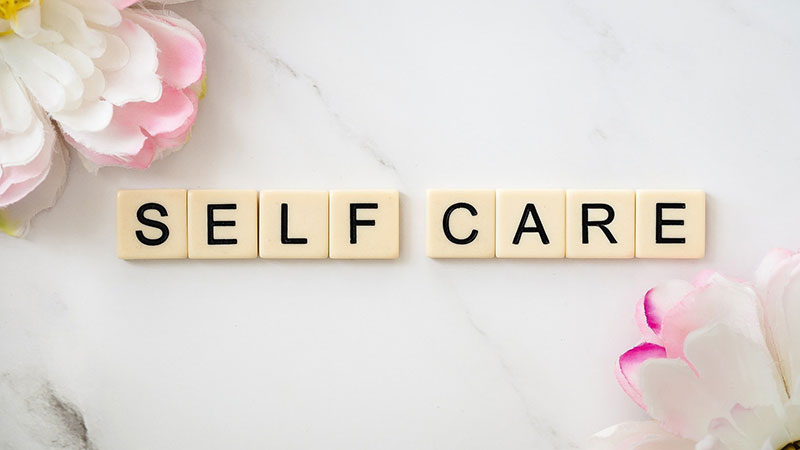Self Care
The importance of Self Care cannot be under estimated enough. Especially when we are going through tuff times like a pandemic. Self care in essence is taking time to pay attention to yourself and your needs. It ensures that you are been cared for by you. Self-care is a personal matter. Everyone’s approach will be different. When you practice self-care you produce positive feelings, that boost motivation and self-esteem, leaving you with increased energy to support yourself as well as your loved ones.
Being aware of how to practice your own self-care can be an essential part of dealing with other issues such as depression, stress and anxiety, and even just managing the daily pressures of working from and home schooling that can often get to a point where it feels overwhelming. If you keep pouring from an empty cup, eventually there’s going to be nothing left to pour for yourself or anyone else. This is why looking after yourself before you can look after others are so important.
So practically, how do you go about including self care in your daily routine? For some, making it part of your to-do list may be the best way, especially for those with very busy lives. When you get up in the morning, make a to-do list. Alongside things like “clean the kitchen” and “do the shopping”, slot in one or more self care tasks. Everyday! They are just as non-negotiable as getting the dishes done or the shopping.
Self-care starts with looking after your basic needs. It is not just about your mental health. It’s also about caring for your physical self, by eating healthy, getting enough sleep and exercising regularly. Self-care requires checking in with yourself and asking yourself how you’re doing and what your body’s looking for.
There are a few different aspects of self-care:
- Emotional self-care, such as self-talk, weekly bubble baths, saying “no” to things that cause unnecessary stress, giving yourself permission to take a pause, or setting up a weekly chat with a friend.
- Physical self-care, such as prioritizing sleep, adopting an exercise routine you can stick with, choosing healthy and nourishing foods over highly processed ones.
- Spiritual self-care, spending time in nature, meditating, incorporating regular acts of kindness into your day, or keeping a gratitude journal.
There’s a lot of research, for example, showing that things like exercise, yoga, and mindfulness are good for mental and physical health.
To get started with a self-care routine:
- Establish which activities bring you joy, replenish your energy, and restores your balance.
- Start small by choosing one activity you’d like to include into your routine in the next week.
- Build up to practicing that activity every day for one week.
- Reflect on how you feel.
- Add in additional practices when ready.
Practicing self-care doesn’t need to be a hard. Here are a few ideas to ease you into your self-care routine:
- Journal.
- Start each day by paying attention to your breath for five minutes and setting intentions for the day.
- Eat breakfast.
- Reflect on what you’re grateful for each night.
- Put your phone on airplane mode for a half hour each night and release yourself from the flurry of notifications.
- Call a friend just to say hello.
- Take up a relaxing hobby.
- Pick a bedtime and stick to it.
The bottom line: Self-care can have a positive effect on your health and outlook, but it requires you to make time for yourself. That is the tricky bit, so make a promise to you that you will make time for yourself every day, even if it only 5 minutes. An emotional bank account can be a good idea if you are finding it hard to find 5 minutes; this allows a bit of flexibility and ensures that you are keeping track of your needs.

